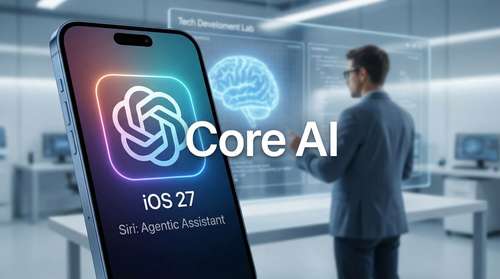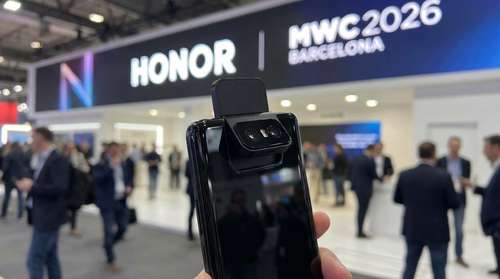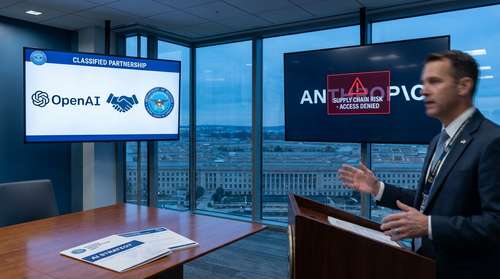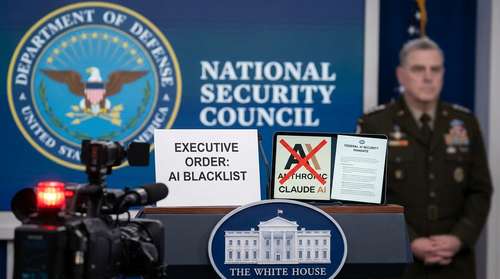In a recent legal tussle that has sent shockwaves through the tech industry, NVIDIA, a prominent player in the world of graphics processing units (GPUs) and artificial intelligence, finds itself embroiled in a lawsuit brought forth by French automotive giant Valeo.
The lawsuit centers around allegations of trade secret theft, escalating tensions between the two corporations.
The Screenshare Mishap and Allegations
The saga began with a screensharing blunder by Mohammad Moniruzzaman, a former engineer at NVIDIA who had previously worked for Valeo.
During a joint meeting between the two companies in 2022, Moniruzzaman inadvertently revealed Valeo's source code files while sharing his screen.
Quick-witted Valeo employees captured screenshots before the blunder was rectified, identifying the sensitive information displayed.
Valeo's complaint alleges that Moniruzzaman while working on a collaborative project involving advanced parking and driving assistance technology, recognized the potential value of Valeo's proprietary technologies.
Sensing an opportunity, he purportedly gained unauthorized access to Valeo's systems via his personal email and pilfered an extensive array of files, including approximately 6GB of source code.
Alleged Misappropriation of Trade Secrets
Subsequently, Moniruzzaman transitioned to a senior position at NVIDIA. Valeo contends that he continued working on the same project he had been involved in during his tenure at Valeo, leveraging the stolen information.

During a raid, German authorities reportedly discovered Valeo's documentation and hardware within Moniruzzaman's premises, further implicating him in the theft.
Already convicted of business secrets infringement in a German court, Moniruzzaman was ordered to pay a substantial fine.
NVIDIA, however, asserted through its legal representatives in a June 2022 letter that the company had no interest in Valeo's code or its purported trade secrets. They claimed to have taken swift measures to safeguard their rights, attempting to distance themselves from the accusations leveled by Valeo.
Legal Battle Unfolds
Despite NVIDIA's stance, Valeo pressed forward with legal action, alleging that NVIDIA benefited unfairly from stolen trade secrets, claiming the company gained undue profits and savings in development costs at Valeo's expense.
The lawsuit filed by Valeo alleges that NVIDIA used Valeo's proprietary information without authorization, resulting in financial gain for the tech giant.
This dispute echoes a historical precedence in the tech world. Previously, in 2017, Waymo, a subsidiary of Alphabet Inc., accused Uber of collusion with former employee Anthony Levandowski in the theft of confidential design files related to autonomous vehicle technology.
Levandowski faced legal consequences, including imprisonment, before being pardoned by then-President Donald Trump.
Looking Forward
The clash between NVIDIA and Valeo underlines the fierce competition in the autonomous driving industry.
As legal proceedings unfold, the outcome of this case will not only shape the future relationship between these tech entities. Still, it may also set precedents in trade secrets regulations and enforcement.




